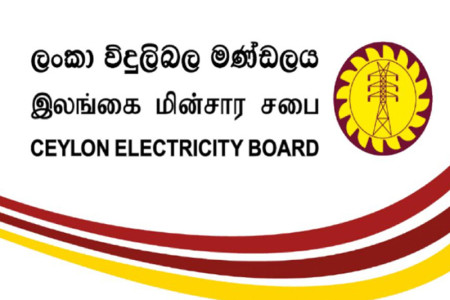An SPV is a subsidiary created by a parent company to isolate financial risk. Its legal status as a separate company makes its obligations secure even if the parent company goes bankrupt.
The manner in which the CEB’s debt will be restructured remains to be seen but all new entities set up under the proposed law will start with clean balance sheets. “There is considerable accumulated debt and the loans the CEB has taken must be serviced so this is easier said than done,” a source pointed out.
A Committee was appointed in December last year to draft the ‘Electricity Sector Reform Act’ but the process has been “dragging”.
A Bill was expected to be presented to Parliament at the end of this month. That is now unlikely to happen, the sources disclosed, adding that the subject matter was technical and needed to be converted into operational law.
The initial draft of the legislation is nearing completion. However, it must first be worked on by the Legal Draftsman and cleared by the Attorney General before it goes further. If passed through Parliament, it will see the CEB broken up into five companies: one for each of the utility’s four provinces-based distribution divisions as well as the Lanka Electricity Company (LECO).
Separately, new companies will be floated under the Companies Act for hydro, wind, coal and oil-based thermal generation. There will also be a transmission network operator to maintain the physical infrastructure; and a national system operator will carry out, among other tasks, dispatch, plant scheduling, transmission planning, and procurement of new generation.
Power sector restructuring will include the transfer of employees and a carving up of the CEB’s vast asset base among various companies, the sources explained. A new transmission plan will have to be devised.
The Committee is closely following the recommendations of an earlier nine-member Cabinet-Appointed Committee on Power Sector Reform. It had proposed that the CEB be divided into 14 companies, with a 15th entity to take over residual functions and activities.
The International Monetary Fund has also stated that “structural reforms in the electricity sector should be urgently pursued with technical support from development partners to reduce Sri Lanka’s high electricity cost and address large investment needs in generation and transmission as a matter of priority”.
By Namini Wijedasa


